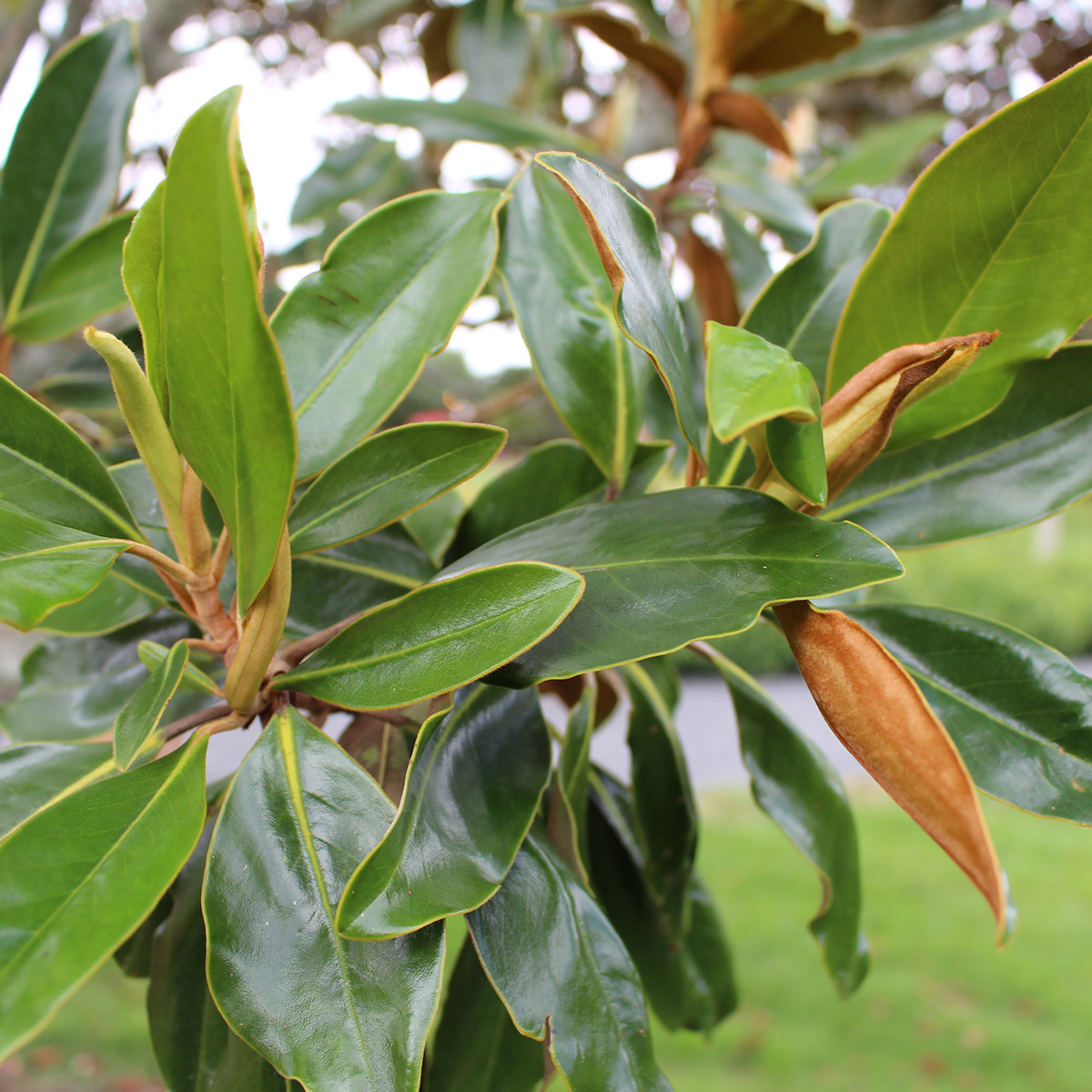Physical characteristics
A floriferous,
Flowers and foliage
Leaves are ovate to elliptic, and
Preferred site
Prefers
Preparation for planting
Sweet peas are often bought in punnets. Always choose healthy, well-grown
Maintenance tips
Mulch well once planted, this will suppress weeds and help conserve moisture. They will benefit from a fortnightly liquid feed with a high potassium feed to encourage plenty of flowers, regular picking will help too. Sweet peas are easily grown from seed. You can collect seed from your previous year's
Pests and diseases
Slugs and snails can be a problem and rabbits and mice love new
Location at Auckland Botanic Gardens
Interesting facts and tips
The more you pick the flowers the more they produce.




.jpg?width=1200&height=1200&v=1d4024dceb89e50)

.jpg?width=1200&height=1200&v=1d5569224d63650)
 .jpg?width=1200&height=1200&v=1d4024df6ce2770)
.jpg?width=1200&height=1200&v=1d55676a892f2b0)
 .jpg?width=1200&height=1200&v=1d4024e3b65f7f0)